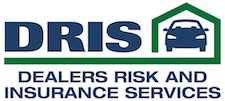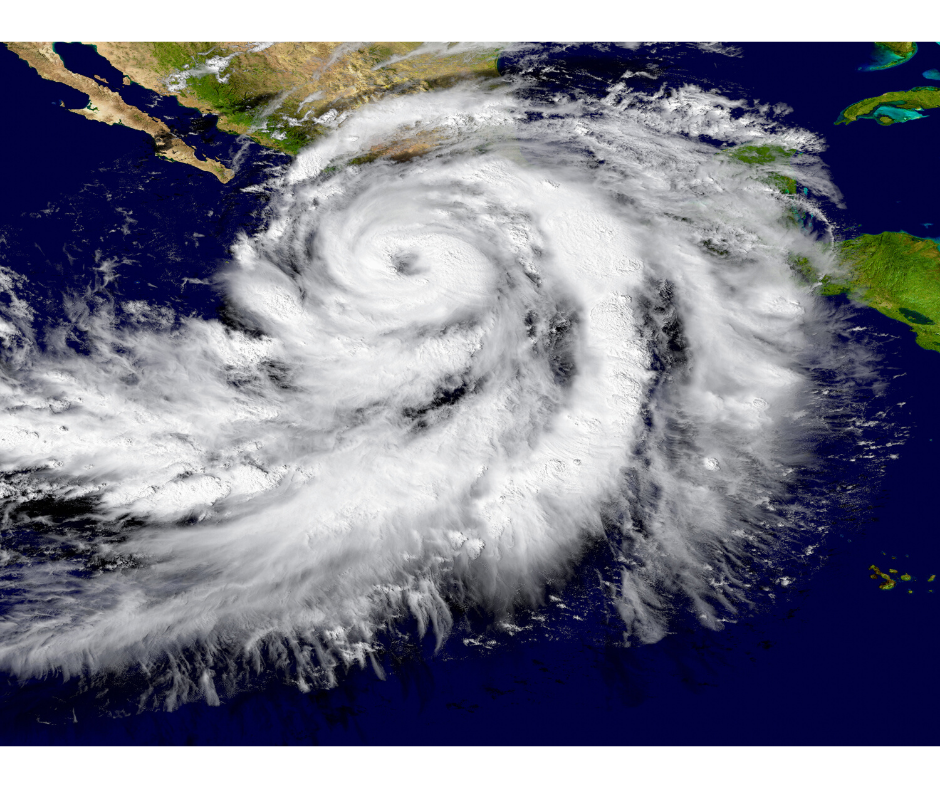Hurricanes have become an increasingly prevalent concern throughout many Southern states and along much of the East Coast. In fact, the National Oceanic and Atmospheric Administration reported a record-breaking 30 named storms during the 2020 hurricane season—resulting in 430 deaths and totaling $47 billion in overall costs.
Before A Hurricane
- Review your community’s hurricane risk level. The location of your home can determine potential wind and flood hazards.
- Register for email updates from the National Weather Service and any available local alert systems to be aware of hurricane warnings or evacuation orders in your area.
- Develop a hurricane response plan and practice it regularly with members of your household.
- Prepare a hurricane kit with nonperishable food, water, medicine, emergency power sources, a first-aid kit and important documents.
- Limit your home’s hurricane exposures by keeping drains and gutters clean, installing storm shutters on windows and doors, and storing vehicles in a safe location.
- Review your homeowners policy with your insurance professionals to ensure you will be covered in the event of a hurricane.
After A Hurricane
- If you evacuated your home, don’t return until local officials confirm it is safe to do so.
- When returning home, wear protective clothing and stay away from pools of floodwater, wet or damaged electrical equipment and downed power lines.
- Photograph all property damage, and save receipts for any recovery expenses stemming from the hurricane to help file an insurance claim.
For more information or questions about your homeowners policy, contact us at Dealers Risk and Insurance Services.

